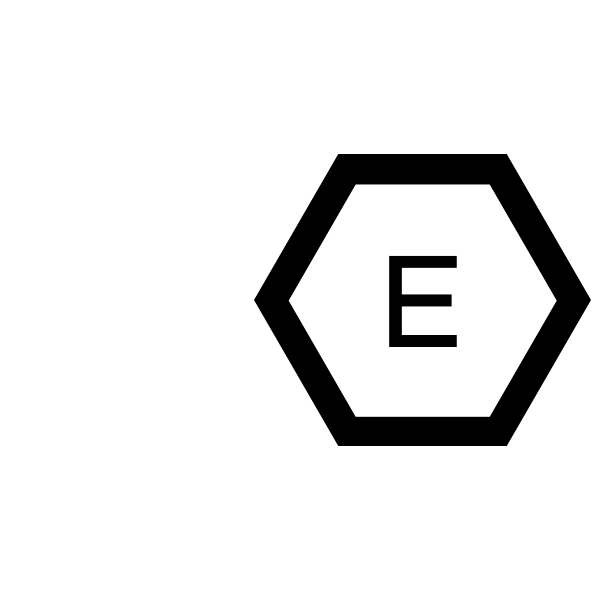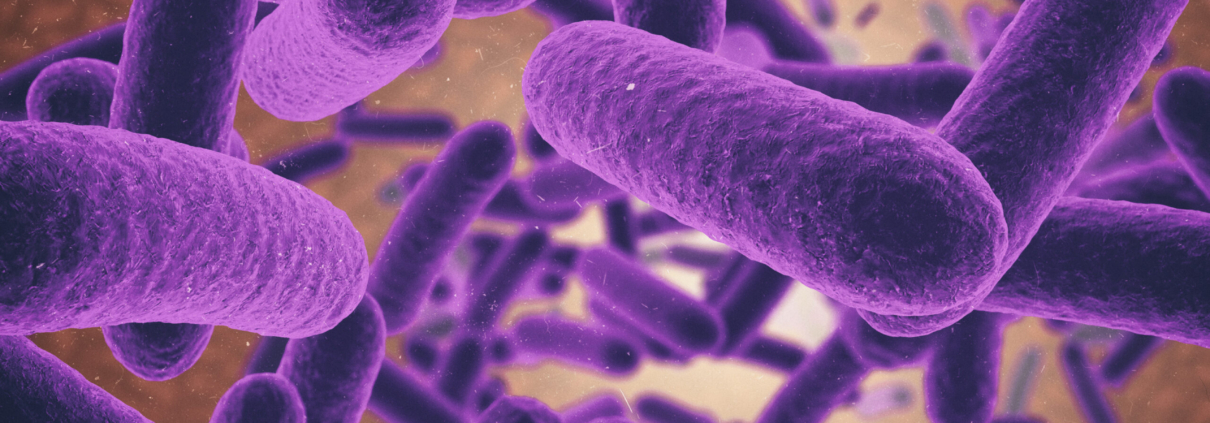Probiotic Potential and Virulence Traits of Bacillus and Lactobacillus Species Isolated from Local Honey Sample in Iran
The probiotic potential of bacterial species isolated from local honey samples were analyzed by
microbiological, biochemical and molecular methods. A total of 17 Gram positive bacterial isolates were
recovered from local honey samples and tested for their hemolysin, coagulase, DNase, Lipase, Lecithinase and
Gelatinase producing abilities, respectively. The isolates (5) lacking the tested virulence phenotypes were selected
for identification by 16S rRNA sequencing. The probiotic characteristics of the isolates was determined by testing
their resistance to acid, bile, antimicrobial spectrum against pathogens and antibiotic sensitivity profile.
Furthermore, the identified bacillus species were screened for the presence of virulence genes including
Enterotoxin-T (bceT), cytotoxin K (cytk), hemolysin BL (hblA, hblC, hblD) and non-hemolytic enterotoxin gene
(nhe). All results were analyzed statistically. According to results, Bacillus megaterium TA008 and Lactobacillus
acidophilus RNL26 showed significantly high resistance to acidic pH values and high bile salt concentrations
(p<0.05). Bacillus subtilis TA049 which was unable to tolerate extreme acidic conditions (pH 2.0, 2.5), survived
significantly (p<0.05) in high bile salts concentrations. All isolates demonstrated antibacterial activity against
the pathogens to variable extents. Widest spectrum of action was shown by B.subtilis TA049 which inhibited the
growth of Enterococcus faecalis, Escherichia coli, Pseudomonas aeruginosa, Salmonella typhi and
Staphylococcus aureus. While, B.megaterium TA009 and Brevibacillus brevis TA010 were active only against
E.faecalis and S.typhi. Antibiotic sensitivity profile of the isolates varied with B.megaterium TA008 being sensitive
to all the tested antibiotics (p<0.05) while L.acidophilus RNL26 was resistant to nalidixic acid and vancomycin.
B.megaterium TA008 and B.subtilis TA049 were devoid of the tested virulence genes while, B.megaterium TA009
harbored the hemolysin genes (hblA, hblC) and B.brevis TA010carried the cytotoxin gene (cytK).
Keywords: Bacillus subtilis, B.megaterium, Brevibacillus brevis, Lactobacillus acidophilus, Honey samples,
Probiotic bacteria




Leave a Reply
Want to join the discussion?Feel free to contribute!